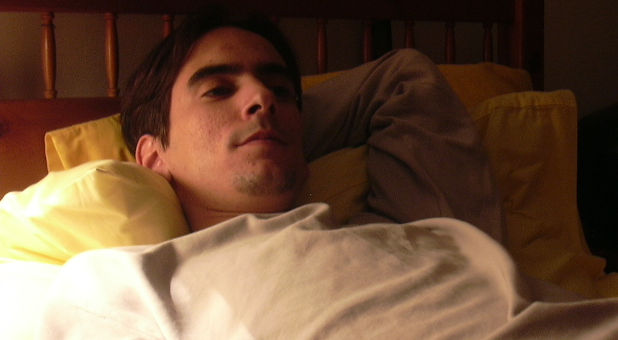The Stigma of Mental Illness
After working in the behavioral health care industry for well over two decades, I have witnessed some change. Most of the changes have affected the settings for how professionals treat patients and the level of available care. This change started in the late 1980s when inpatient hospitals and treatment centers shut their doors. Largely the result of insurance companies dictating treatment, the option of quality (inpatient) comprehensive programs became a thing of the past. These programs were so efficient at getting people out from under the depths of despair to become a functioning member of society in rapid time.
Fast forward to 2014. The “luxury” of inpatient treatment is nonexistent. Hospitals are now holding tanks for the severely distraught for merely hours to a couple of weeks, at best. The purpose is to medicate and temporarily stabilize before releasing the person back out into the world. The outpatient or office setting is the only place for treatment of psychological, emotional, and chemically rooted problems. And it takes much longer.
The belief that patients have regarding the stigma of their disorder has not changed over time. The very fact that they need help makes them feel weak and just different from everyone else. In a nutshell, handicapped. In spite of the social awareness of mental disorders, increase in pharmaceuticals, and the advertisement of medication and recovery centers, society fails to have an accurate perception of this subgroup and their problems. Lack of knowledge and exposure to people with mental disorders only serves to maintain their handicap. The end result translates into less people seeking treatment when they really should.
The Diagnostic And Statistical Manuel (DSM) has long been the bible for psychiatrists and therapists for as far back as I can remember. The categories and labels were created for the use of the professionals but have leaked out to the public where they are misunderstood and misused. For example, it is common to hear today someone reference another person in a derogatory manner as “so bipolar” for behavior they perceive as different bearing no relation to the clinical diagnosis. Terms such as schizophrenia, aspergers, schizoid, delirium, dementia to name a few, sound outright scary.
As a 21st century society, we have a long way to go to understand, support and ensure that people with mental health issues get the appropriate treatment and respect they deserve. Until then, the stigma of mental health has not changed since the dark ages.
We all have differences. People with chemical imbalances did not choose to be the way they are the same as the person who has diabetes. I always say that patients that come to my office for help are healthier than most people out there. They know they have a problem and want to work to improve their lives. By taking the time to get to know these people, they are in actuality, not much different than you or me.
Dr. Heidi Berman is a Psychologist Orange County. If you think you need therapy, please call Dr. Berman at (949) 716-5150, ext. 1

